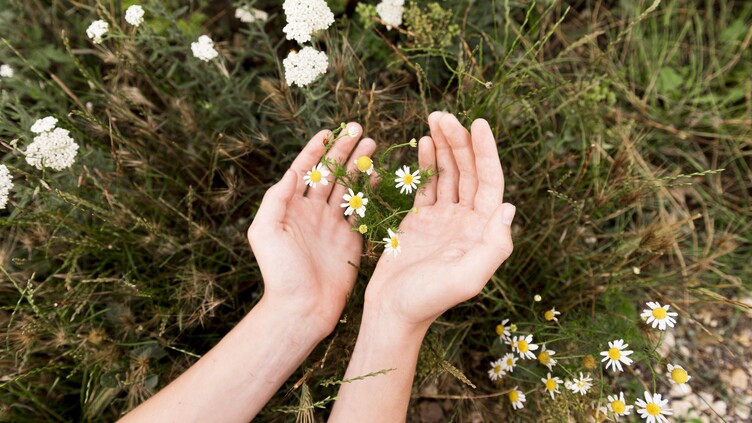Stress is defined by Lazarus and Folkman (1984) as the internal or external demands appraised as taxing or exceeding the resources of the individual.
Studies shows that positive psychology can help you to increase the experience of positive cognition (e.g., positive reappraisal) and positive emotions (e.g., gratitude)
hold significant promise for helping people bolster their mental health.
These have demonstrated effects on a number of indicators of psychological well being such as:
- positive affect
- meaning and purpose
- depression.
Study results suggest that positive psychology interventions have much to offer to help everyone cope better with both day-to-day stress as well as more major stressors.
If you ask yourself: Which positive psychology intervention are possible to integrate them into my daily business?
Here are some examples you could use with each other in your daily communication:
- noticing positive events,
- savoring,
- gratitude,
- mindful awareness,
- positive reappraisal,
- personal strengths,
- acts of kindness,
- self-compassion
- appreciation and recognition
“Be the change that you wish to see in the world.” Ghandi

